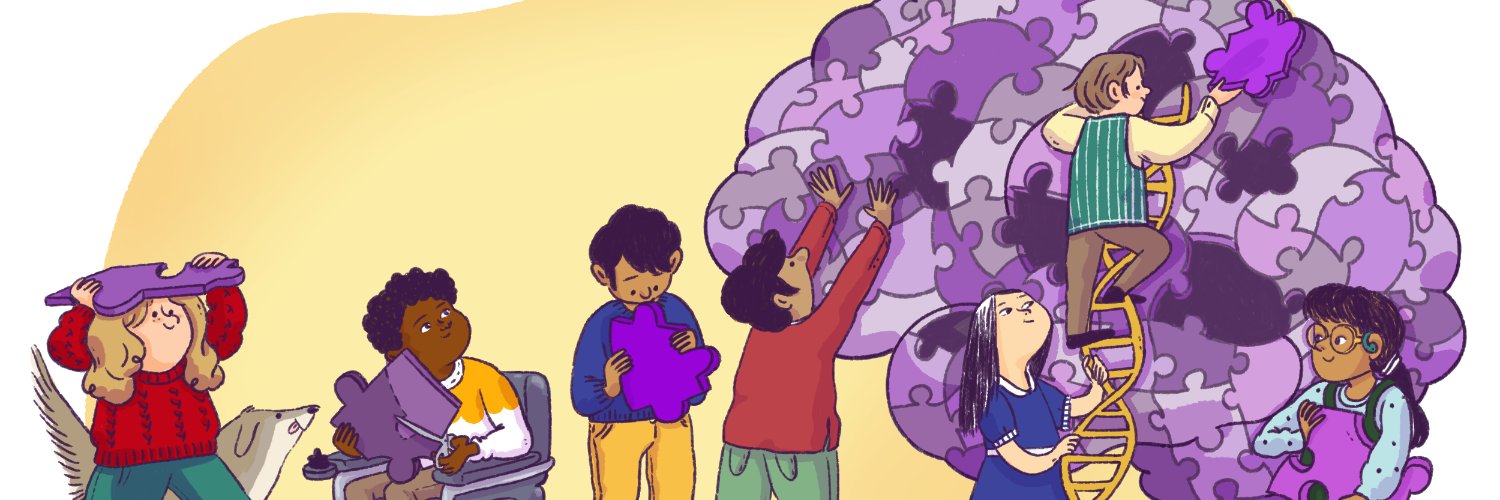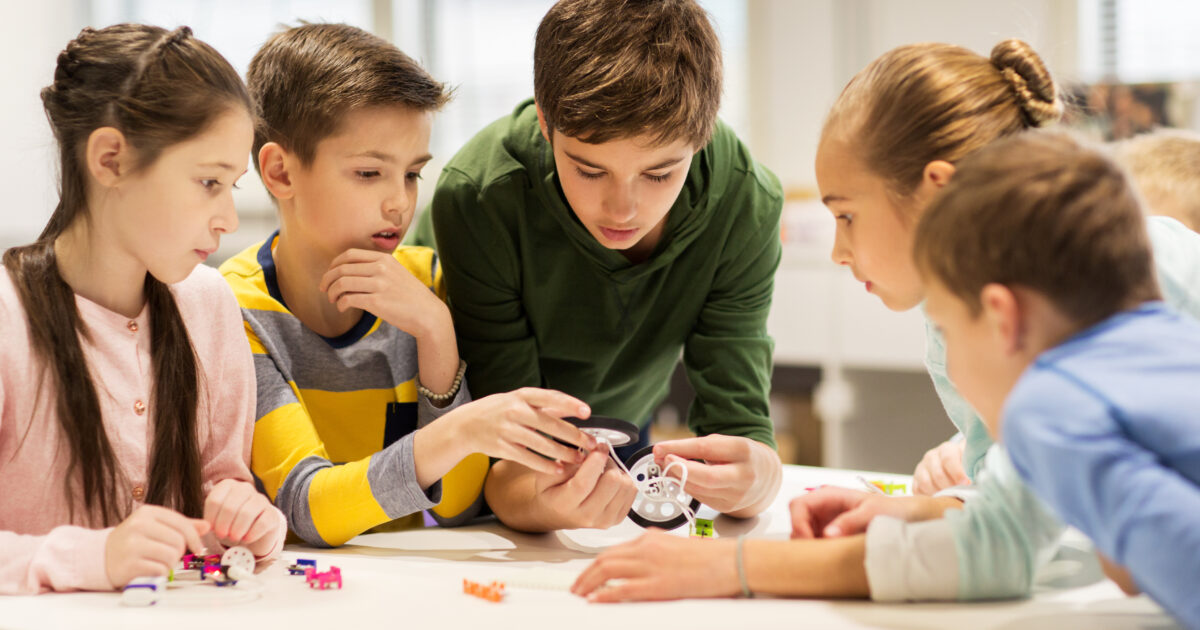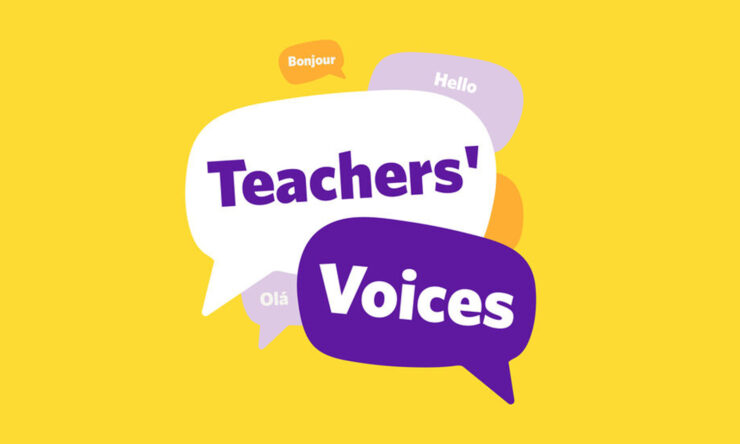
BOLD
@BOLD_insights
Science for growing minds: A global platform for scientific knowledge that is changing children’s lives. Powered by @Foundation_JF
“I connect learning experiences to students’ interests and identities.” Marcelo Worsley tells Annie Brookman-Byrne about developing technological tools for learning and assessment in sports. #EdChat boldscience.org/the-learning-s…

“Children are better able to learn from others as they get older.” Pablo Mayorga and Solange Denervaud explain the neuroscience behind peer-to-peer learning in the classroom. #PeerLearning #EdChat boldscience.org/helping-childr…

What worries you about screens & educational technology? BOLD explores EdTech for children with Natalia Kucirkova, Professor of Early Childhood Education and Development at the University of Stavanger. #edtech
🎧What role do families play in children’s learning as they grow into adolescents? @NinaMLAlonso1 explores in Teachers' Voices, with researcher Elisabetta Aurino, and teachers Shereen Abdullah, Wendy McKenzie, Cheryl McKenzie. boldscience.org/how-teachers-a…

🎧Does writing essays with ChatGPT affect the brain? @libbylhhills and @owen_henkel explore how using tools like ChatGPT for writing essays affects people’s brains and writing abilities compared to using search engines or just their own thinking. #EdTech boldscience.org/does-writing-e…

“Self-disclosure characterises loving, warm relationships, and those are, of course, critical for child development.” @MelissaH_BBC hears from Eddie Brummelman how asking and answering personal questions can help children feel more loved. @KiDLAB_NL boldscience.org/how-parents-ca…

What do you see as the greatest potential of EdTech for young people? BOLD explores EdTech for children with Natalia Kucirkova, Professor of Early Childhood Education and Development at the University of Stavanger. #EdTech
“Self-beliefs in childhood and adolescence can influence important life outcomes years later.” In case you missed it: Building competencies, with adult support, can help children develop positive self-beliefs, say Jennifer Meyer and Thorben Jansen. #ChildDevelopment #EdChat…
“Banning smartphones entirely risks pushing smartphone use underground and driving a wedge between young people, parents, and schools.” Adults should support young people in making healthy decisions about their phone use, says @kathrynbates47. boldscience.org/should-young-p…

🎧 What happens when teachers shift from seeing deficits to seeing potential? In this episode of Teachers' Voices, host @NinaMLAlonso1 explores children’s resilience and the strength they gain from living in difficult circumstances. #EdChat boldscience.org/how-schools-ca…

“Joyful learning happens when people come together; it’s not something one person gives to another.” Andrea Paula Goldin, Michelle Dinneen-White, and Benjamin Herold explore how joyful talk and play in everyday scenarios help children learn. boldscience.org/how-to-create-…
“Children everywhere rely on their social and cultural worlds to grow into content, capable, and valued members of their communities.” Roman Stengelin tells Annie Brookman-Byrne about the cultural nature of child development. boldscience.org/the-developmen…
"It’s important we give children the freedom to play independently, intervening only when they need us or seek our help." Revisit this article: Children benefit from fewer toys and minimal intervention from adults, says @MelissaH_BBC. #CreativePlay boldscience.org/encouraging-cr…

“The goal is to fundamentally transform education systems globally, so that all children can reach their full potential.” Mauricio Romero @marome1 tells Annie Brookman-Byrne what factors keep education policies from being effective. boldscience.org/the-economist-…